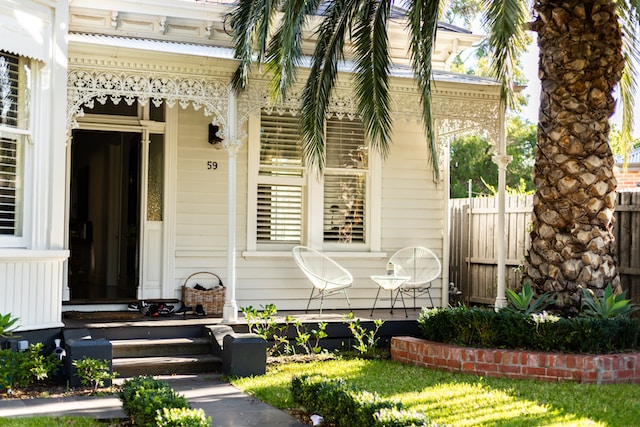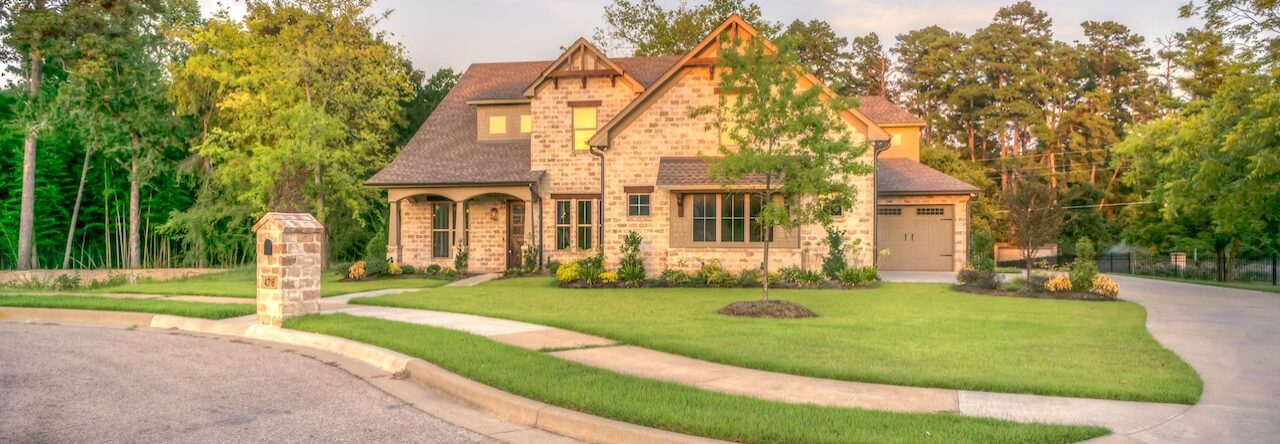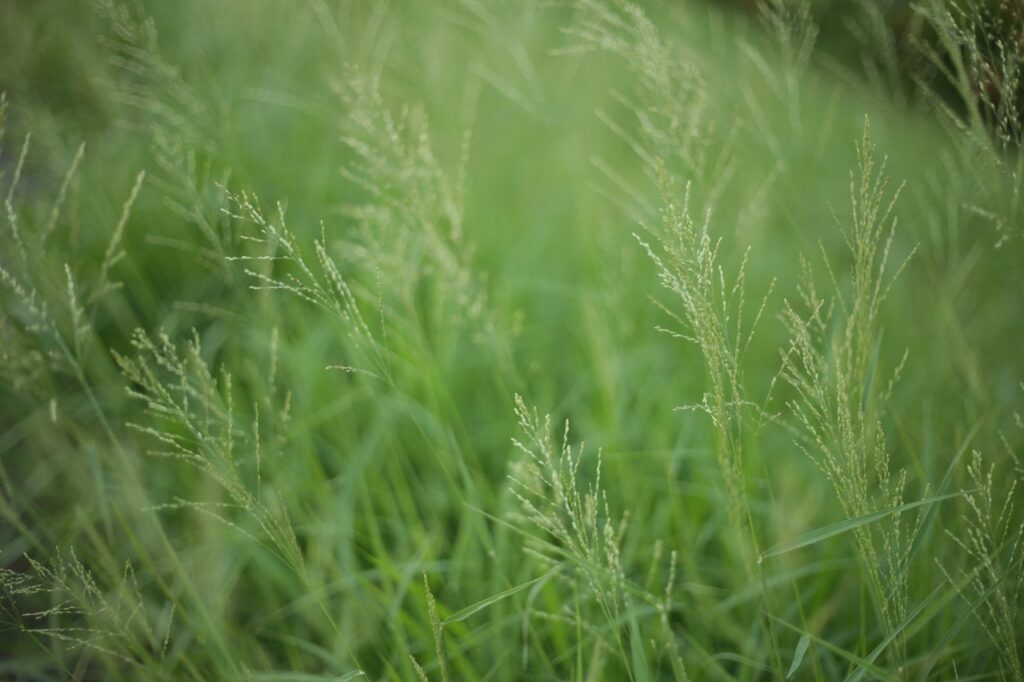
Aerating and overseeding your lawn in Marietta, GA, is a beneficial practice that can help improve the health and appearance of your grass. Aeration helps with soil compaction and allows for better air and water penetration, while overseeding helps fill in thin or bare areas and introduces new, healthy grass plants to your lawn. Here are some tips for successfully aerating and overseeding your lawn in Marietta:
Aerating Your Lawn:
Choose the Right Time: Fall is generally the best time to aerate warm-season grasses like Bermuda and Zoysia, which are common in Marietta. Aerate when the grass is actively growing, usually in late summer or early fall. Avoid aerating during extreme heat or drought.
Select the Correct Aeration Equipment: You can use a manual or mechanical aerator. For larger lawns, a mechanical aerator, such as a core aerator, is more efficient. Make sure the equipment is in good working condition and the tines or blades are sharp.
Prepare Your Lawn: Before aerating, water your lawn thoroughly. This will help the aerator penetrate the soil more effectively. Mark any sprinkler heads, utility lines, or other obstacles to avoid damaging them.
Aerate Properly: Run the aerator over your lawn in overlapping passes. For most lawns, one pass in each direction is usually sufficient. Pay extra attention to high-traffic areas or areas with compacted soil.
Leave the Cores: Core aeration removes small plugs or cores of soil from your lawn. Leave these cores on the surface to break down naturally. They will help improve soil structure and reduce thatch.
Follow Up with Fertilization: After aerating, consider fertilizing your lawn. The holes created by aeration allow nutrients to penetrate deeper into the soil, benefiting the grass roots.
Overseeding Your Lawn:
Choose the Right Grass Seed: Select a grass seed variety that is well-suited to the climate in Marietta, GA. Common warm-season grasses include Bermuda, Zoysia, and Centipede. Make sure the seed matches your existing grass type.
Prepare the Soil: Before overseeding, rake the soil lightly to create a good seedbed. Remove any debris or thatch that may hinder seed-to-soil contact.
Spread the Seed Evenly: Use a broadcast spreader to evenly distribute the grass seed over your lawn. Be sure to follow the recommended seeding rate on the seed bag.
Water Thoroughly: After overseeding, water your lawn deeply. Keep the soil consistently moist, but avoid overwatering, as this can lead to disease or seed washout. Watering in the early morning is ideal.
Apply a Starter Fertilizer: Consider applying a starter fertilizer specifically designed for new grass seed. This will provide essential nutrients to support seedling growth.
Protect the Seed: To prevent birds from eating the seed and to help retain moisture, you can cover the newly seeded areas with a thin layer of straw or seed germination matting.
Keep Foot Traffic to a Minimum: Try to avoid heavy foot traffic on newly overseeded areas for a few weeks to give the seedlings a chance to establish themselves.
Monitor and Maintain: Keep an eye on your overseeded areas and make adjustments as needed. Water consistently, and once the new grass reaches a mowing height, you can gradually incorporate it into your regular mowing routine.
By following these tips for aerating and overseeding your lawn in Marietta, GA, you can promote healthier grass growth, improve your lawn’s overall appearance, and increase its resilience to various environmental stressors. Over time, you’ll enjoy a lush and vibrant lawn that enhances the beauty of your home.

